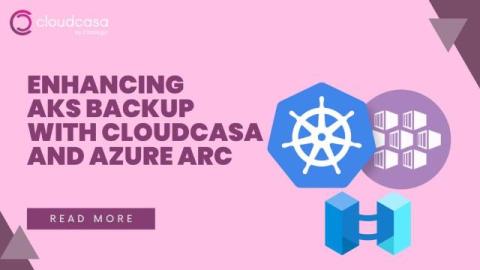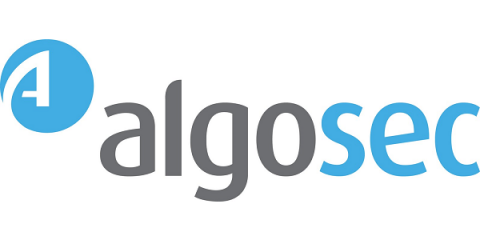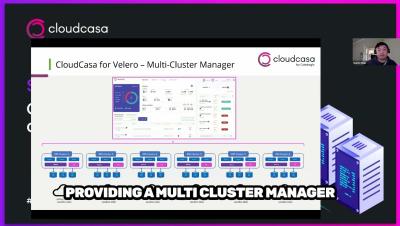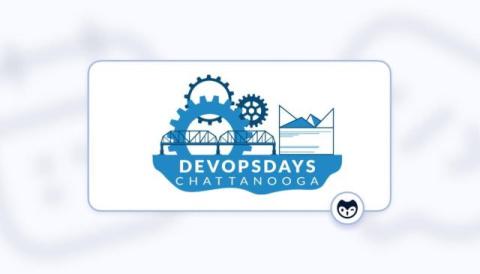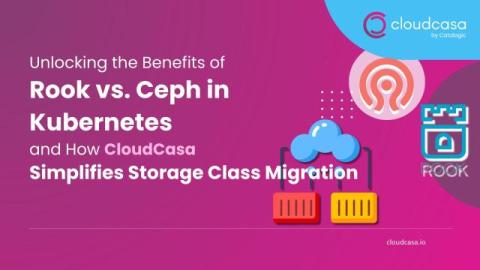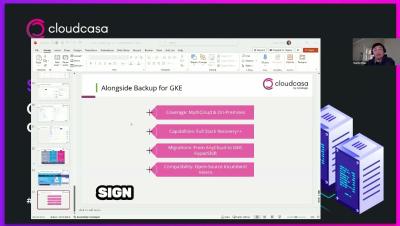Enhancing AKS Backup with CloudCasa and Azure Arc
As Kubernetes adoption continues to grow, Microsoft Azure Kubernetes Service (AKS) has become a popular choice for deploying and managing containerized applications. To meet the increasing demand for data protection, Microsoft has introduced native backup solutions for AKS. However, there are some gaps in the native AKS backup capabilities that may not fully address the needs of enterprises and Managed Service Providers (MSPs), especially those with diverse environments.


